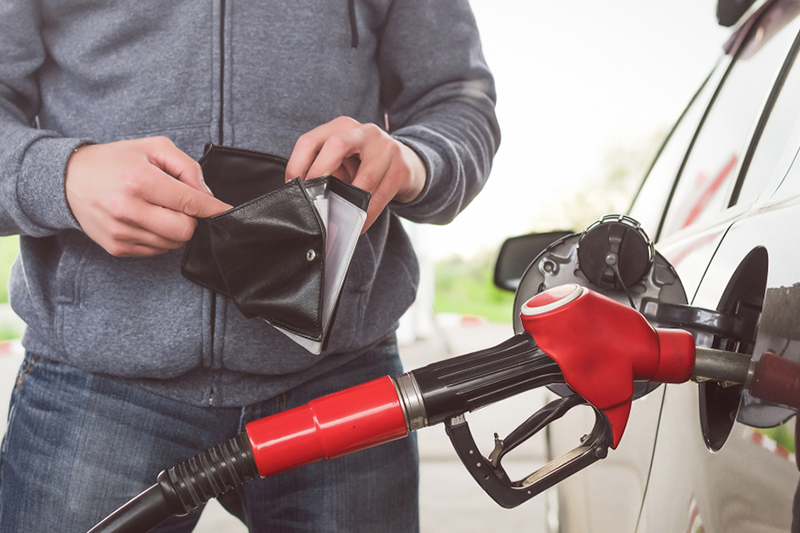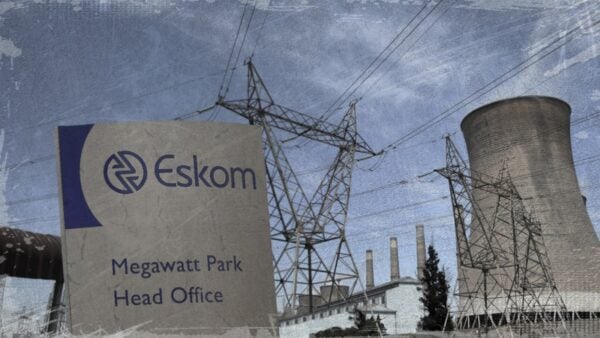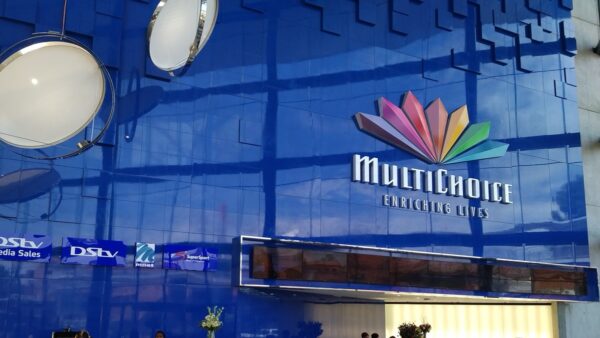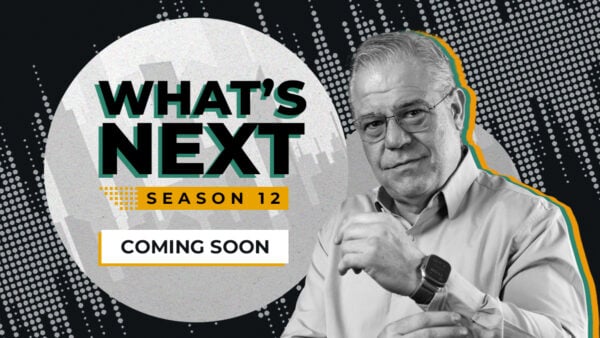Petrol price disaster in South Africa

Government added costs to South Africa’s fuel prices currently make up 30% of the price motorists pay per litre of unleaded 95 and 34% of the price they pay for 50ppm diesel, a MyBroadband analysis has revealed.
Although South Africa’s Road Accident Fund (RAF) levy has remained consistent since the 2021/22 financial year, finance minister Enoch Godongwana recently increased the general fuel levy (GFL).
The RAF currently sits at R2.18 per litre, while the GFL increase, effective 4 June 2025, has increased the tax per litre to R4.15 per litre of petrol and R3.97 per litre of diesel.
Godongwana announced the GFL price hike while presenting his 2025 Budget Speech for the third time in May 2025.
“This budget proposes an inflation-linked increase to the general fuel levy. For the 2025/26 fiscal year, this is the only new tax proposal I am announcing,” Godongwana said.
“It means from the 4th of June this year, the general fuel levy will increase by 16 cents per litre for petrol, and by 15 cents per litre for diesel.”
It should be noted that other add-ons are included in the pump price of petrol in South Africa. These include:
- Basic Fuel Price (BFP) — the cost of the petrol before any money is spent on the many other taxes and levies applied.
- “Other levies” — comprise transport, secondary storage, distribution costs, and one or two smaller charges.
- Wholesale and retail margins — the markup that wholesalers and retailers can add.
- Fuel levy — the tax on each litre of fuel sold.
- RAF levy — a levy placed on fuel to fund the Road Accident Fund.
Not all of the “other levies” added to the BFP are determined by the government. However, it sets the customs and excise tax, and carbon levy under this umbrella term.
These two add-ons, combined with the RAF levy and GFL total R6.51 for petrol and R6.33 for diesel.
Based on the official fuel pricing for June 2025, the combined government-added fees make up 30% of the inland price of unleaded 95 and 34% of the inland price of 50ppm diesel.
The chart below shows the combined RAF levy, GFL, carbon tax, and customs and excise duty contribution to inland fuel prices in June 2025.

Bad news for low-income households
Following the third rendition of Godongwana’s 2025 Budget Speech, the Automobile Association of South Africa (AA) slammed his proposal to the GFL.
It said the increase will push up transport costs and food prices, placing low-income households in the country under further financial strain.
“While acknowledging the government’s fiscal constraints, the AA warns that this increase will have immediate and far-reaching consequences for consumers and the economy,” the AA said.
“This levy adjustment comes at a time when South Africans are already contending with high food prices, elevated interest rates, increased electricity tariffs and persistently high unemployment.”
It noted that fuel is a key input cost across all sectors of the country’s economy, adding that any increases drive up transport and operational costs, which will, in turn, intensify inflation.
The AA highlighted that fuel is a critical input cost across all sectors of the South African economy.
“Lower-income households, which spend a greater share of their income on transport, will be disproportionately affected by this rise,” it said.
The Economic Freefom Fighters (EFF) challenged the GFL increase in court, claiming that the finance minister doesn’t have the power to implement tax adjustments without parliament’s permission.
It filed an urgent application with the Western Cape High Court in late May 2025.
The EFF claimed that the minister wouldn’t have enough time to pass the proposal through parliament before the 4 June 2025 implementation date.
It said the process included several steps, of which Godongwana was still in the early stages when it filed its application.
It said the fiscal framework policy under which the fuel levy falls was before the finance standing committee for public hearings, which would then present a final report to the minister.
The EFF said Godongwana would then have to return the report to parliament for a vote after considering its contents.
It based its urgent application, which the Western Cape High Court dismissed in early June 2025, on its claim that Godongwana wouldn’t have enough time to complete the process before 4 June.































